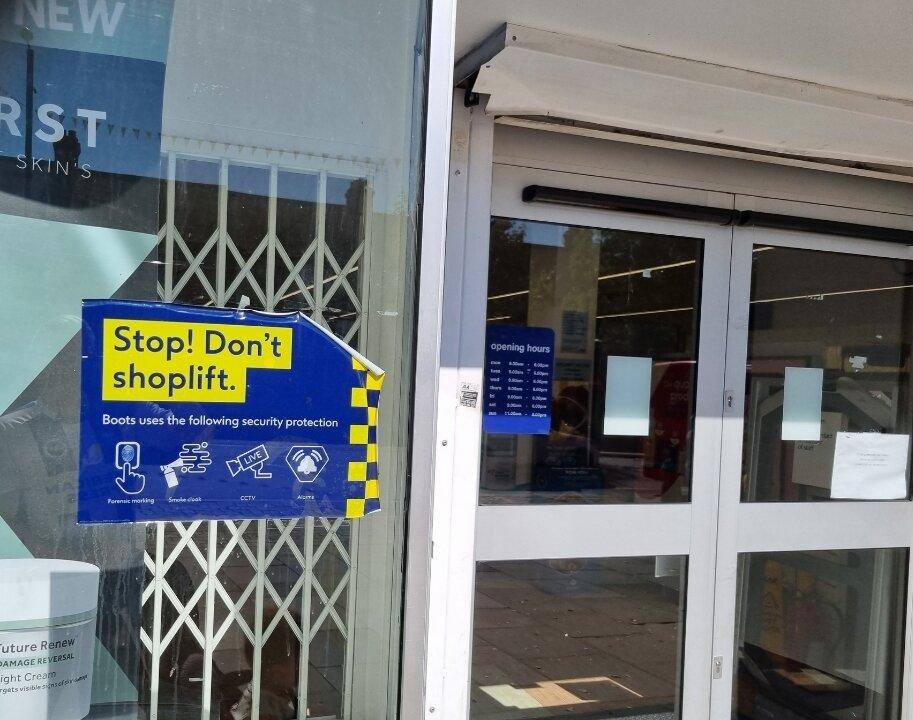Britain’s biggest retailers have agreed to fund a new facial recognition police operation to target shoplifters.
According to the Times of London, the new crime-busting initiative— named Operation Pegasus—is part of government efforts to ensure police show zero tolerance to shop thefts, the newspaper reports.





